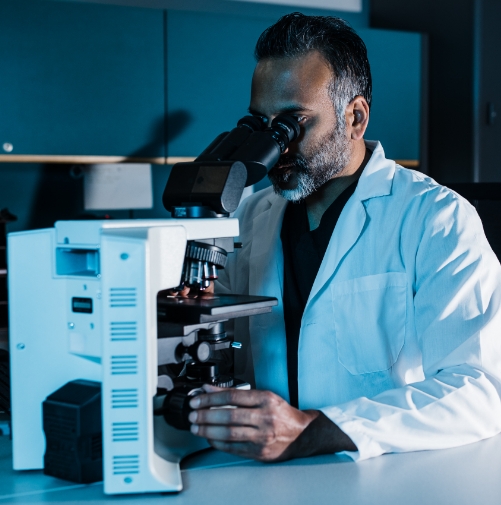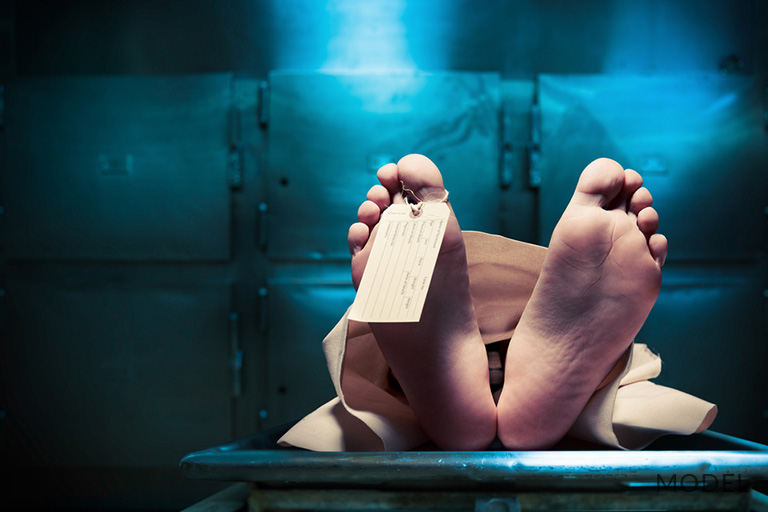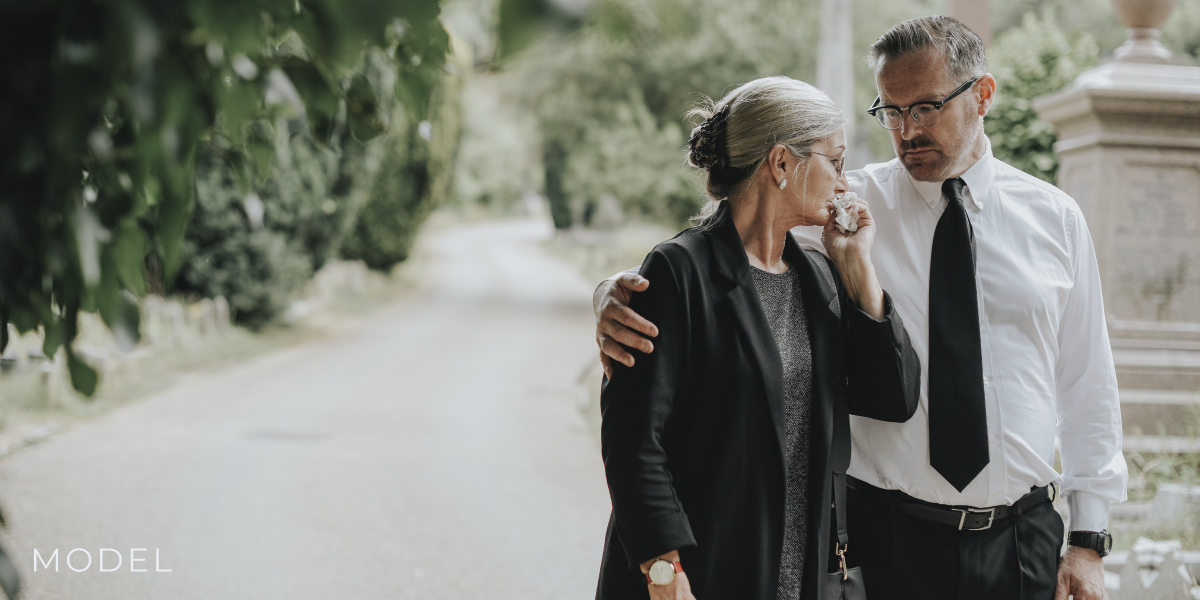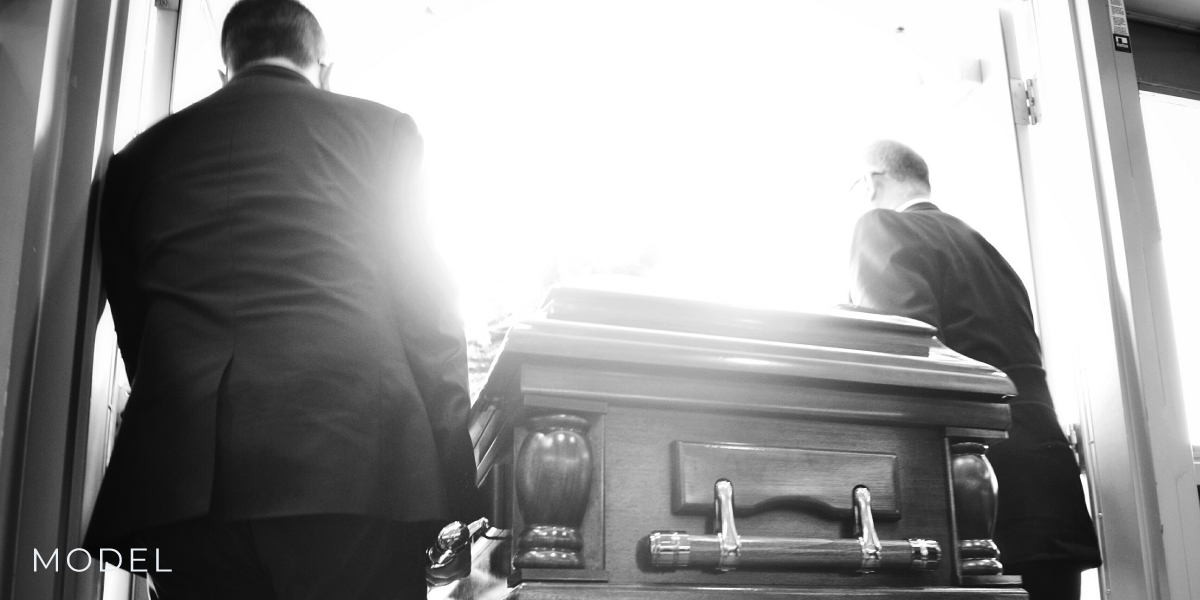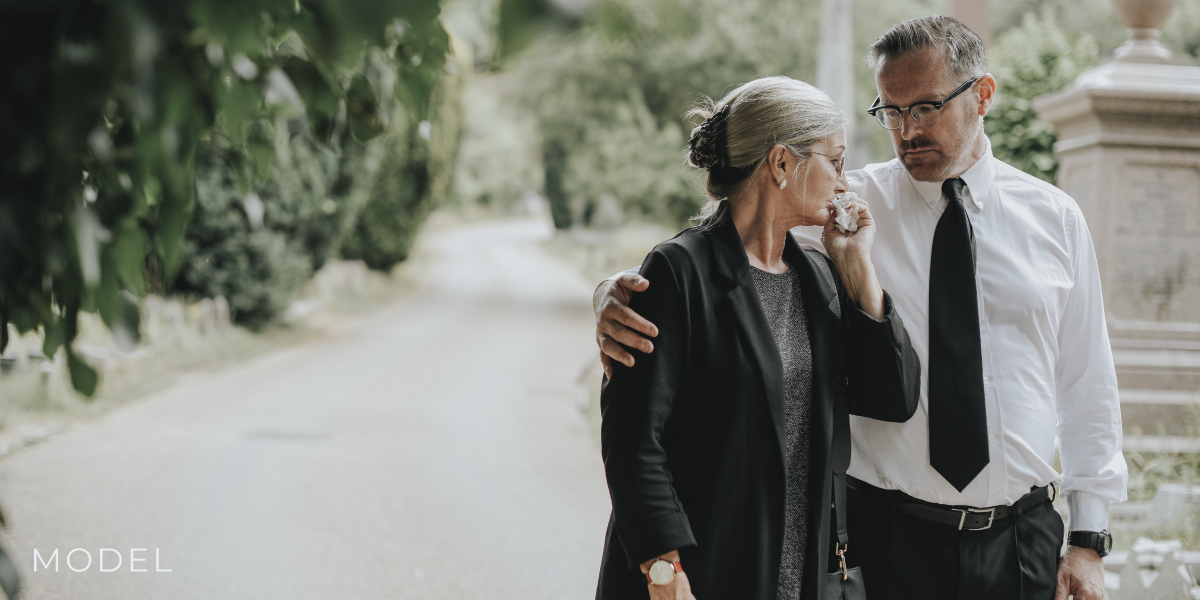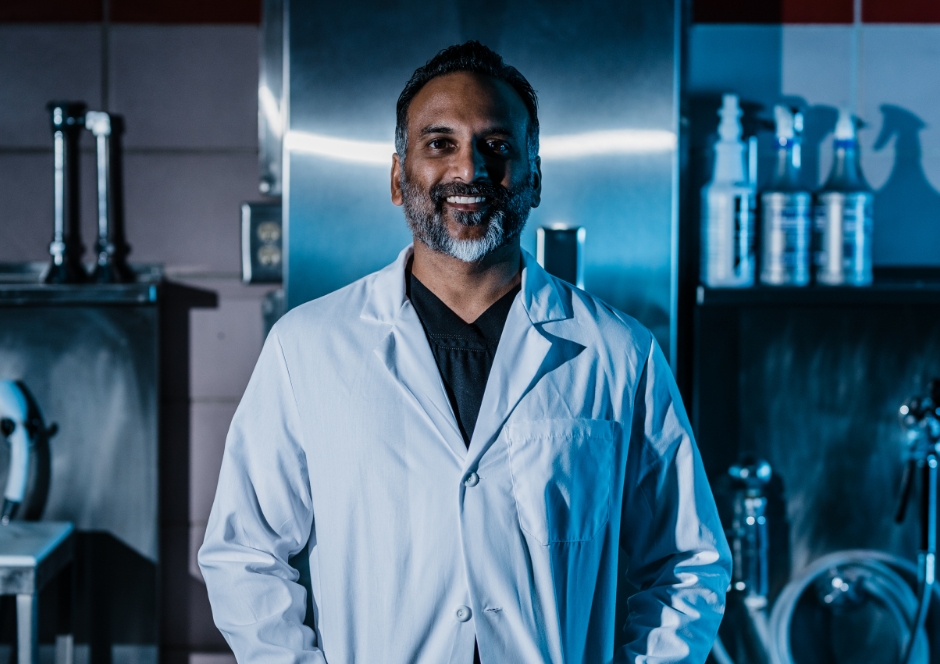 When a loved one dies unexpectedly, it indeed can be a traumatizing and grief-ridden experience for family members and friends to deal with. Often, there is a common misconception that when a person passes away—and there are questions about their cause of death—that an autopsy will be immediately and expediently performed. However, there are times where a medical examiner/coroner could make the determination that an autopsy is not needed. When this occurs and loved ones are questioning the circumstances and reason for death, grief and confusion are simultaneously intensified.
When a loved one dies unexpectedly, it indeed can be a traumatizing and grief-ridden experience for family members and friends to deal with. Often, there is a common misconception that when a person passes away—and there are questions about their cause of death—that an autopsy will be immediately and expediently performed. However, there are times where a medical examiner/coroner could make the determination that an autopsy is not needed. When this occurs and loved ones are questioning the circumstances and reason for death, grief and confusion are simultaneously intensified.
However, if a medical examiner/coroner deems an autopsy unnecessary, families have the right to seek out a private autopsy service provider.
What is a Private Autopsy?
A private autopsy is an autopsy that is not performed by a medical examiner/coroner but by a board-certified pathologist who specializes in clinical or forensic pathology. However, it is important to note that professionals who provide private autopsies are rare, and depending upon where you live or where your loved one’s body is presently located, the forensic pathologist may have to travel to your city.
Why Does Time Matter?
Autopsies, even private autopsies, provide the most pertinent and relevant information as to determining a person’s cause of death.
Most private autopsies are performed soon after one’s death, but they can also be done months and years later, depending on if the body has been refrigerated (weeks/months) or embalmed (years). Depending on the questions that need to be answered, the private autopsy may need to be done as quickly as possible, or it can be done months later. Consulting with a forensic pathologist will give you the best idea of what can and cannot be done in certain time frames.
Where Will a Private Autopsy Be Performed?
When you enlist the help of a board-certified forensic pathologist in performing a private autopsy, you can expect the procedure to take place at the funeral home where you are coordinating your loved one’s cremation or burial services. However, some forensic pathologists have their own facility, and the body can be transported to their office for a private autopsy.
Additionally, it is important to know that a private autopsy will not prevent or hinder a family from having a funeral service for a loved one. On average, a private autopsy takes approximately 2-4 hours, meaning it does not throw off the timeline associated with planning and arranging a funeral. Plus, it is still entirely possible to host an open casket viewing and service following the private autopsy. While this decision is highly personal for any family to face, allowing family and friends to see your loved one a final time does tend to help with the grieving process and let others gain closure.
Why Do Families Want a Private Autopsy Performed?
Ultimately, when a medical examiner or coroner chooses not to examine an individual who has passed away, the family of the person could still feel that a private autopsy is important and that one should be performed.
In the case of an unexpected passing, families oftentimes have many questions about what happened to cause the person’s death, which could also impact other situations, including potential lawsuits or even being aware of certain hereditary conditions that could negatively affect other family members.
As such, consider the following reasons as to why a family may choose to have a private autopsy performed on their loved one:
-
Medical malpractice is suspected
If your loved one died during a medical operation, or you are worried that their passing is tied to faulty or negligent medical treatment, then a private autopsy may be key to determining the cause of death. In turn, this could aid in pursuing a lawsuit and litigating the alleged medical mistake.
-
Other potential legal issues could be present in one’s passing
Legal action tied to medical malpractice is not the only claim that could be made after the unexpected passing of a loved one. There are times when a product or an actual company could potentially be the cause of a person’s death, and in this instance, a product liability lawsuit would be filed. Therefore, performing a private autopsy to ascertain what information is key to a solid legal case in relation to the loved one’s death is incredibly important.
-
A second opinion is desired
A private autopsy can also be requested even after a medical examiner or coroner performs their own autopsy. Know that multiple autopsies can be performed on a deceased person. If you do not feel satisfied with the coroner’s findings or you want the data interpreted by another professional, you can have a private autopsy performed.
-
Insurance provisions could hang in the balance
A private autopsy presents the opportunity to potentially expedite or enable the process by which insurance monies are disbursed to beneficiaries. Additionally, if an individual carries certain types of policies, for instance, accidental death or dismemberment, then the insurance company may require the results from an autopsy (even a private autopsy) if financial compensation is dependent on proof.
-
Worries over a potential genetic condition are present
When a person dies unexpectedly, family members may want to understand what exactly caused the death in case a genetic or hereditary issue is to blame that could affect other biological family members. A private autopsy could uncover such a condition and allow family members to pursue medical testing to find out if they, too, have a similar underlying disorder and seek out proactive treatment.
What Information Will Be Provided by the Private Autopsy?
Private autopsies are surgical procedures that are performed on a deceased person’s body in a post-mortem fashion. When you decide to pursue a private autopsy, you will receive a variety of information after the completion of the procedure.
-
What Caused the Individual’s Death
Family and friends can achieve peace of mind knowing what circumstances led to their loved one’s passing. Understanding this information carries with it the opportunity to realize closure during the grieving process.
-
Reporting on Toxicology Status
Part of any private autopsy is the potential to assess toxicology (most of the time, toxicology will not play a role in private autopsies) if the person had any alcohol, prescription drugs, or street drugs in their system at the time of their death. A private forensic pathologist cannot perform autopsies if there is suspicion of foul play, accidents, or suicides unless the medical examiner/coroner has already denied jurisdiction.
-
Histology Reporting
This report offers insight into the person’s bodily tissues, which can help in determining if the individual had an underlying or even undiagnosed issue that potentially caused their death.
-
Understanding if a Hereditary Disease Was the Cause
There are also instances where a genetic or hereditary condition can be uncovered and identified during a private autopsy. Not only does this help a grieving family understand the cause of death, but it can also allow survivors to pursue medical testing and treatment in case they also have this condition.
-
Medical Malpractice Evidence
There are situations where a loved one dies unexpectedly, and it is due to the negligence of a doctor or healthcare provider. When this occurs, it is medical malpractice. This is a hurtful and troubling situation for family and friends because it carries with it the realization that the professional who was meant to heal and treat the person actually caused them harm. As such, when medical malpractice is identified, a family has the opportunity to take legal action against the negligent party.
How Long Does It Take to Get the Private Autopsy Report?
When a loved one dies unexpectedly, family and friends are left in shock, and it is common to feel confused, angry, and in disbelief—as well as full of grief and sadness. It is also normal to want answers, place blame, and know exactly why the person died. Ultimately, these are all-natural things to experience following a death—and certainly key to realizing closure and being able to move forward in life.
A private autopsy can help in this situation, and the findings and information such a procedure provides could play a key role in what a family does next. Plus, a private autopsy could expedite the final report being received by the family.
Please understand that when an autopsy is performed by a medical examiner’s office, these offices typically only work with one or a few select labs in processing autopsy sampling related to toxicology, histology, etc. Coupled with the fact that many times these labs work with multiple coroners and medical examiners means that there is oftentimes a backlog. This is especially true in big cities or densely populated metro areas. While some preliminary findings may be provided to a family when a typical autopsy is performed within 24 hours, the final report could take up to 12 weeks or more to be delivered.
However, when a family pursues a private autopsy for their deceased loved one, it is possible for this process to be faster and more efficient. This is because a board-certified forensic pathologist who performs private autopsies typically partners with a variety of labs and has more options than a city, county, or state coroner or medical examiner does. Depending on where you are located, it may be possible to shorten the turnaround time for the final report and know what caused your loved one’s death much sooner. Typical turnaround times are a week to a month, depending on the case.
I Want a Private Autopsy for My Loved One, So What Is the Next Step?
If you have decided that pursuing a private autopsy to ascertain the reason for your loved one’s unexpected death is something you are interested in doing, the next step is to identify a board-certified forensic pathologist who is capable of performing the procedure as soon as possible. Once you connect with this individual, ask the following key questions, especially if the pathologist must travel to your location:
- Are you available to help my family over the next 3-5 days?
- What is your availability and timeline to travel to my city? How many hours or days will it take?
- When considering the date of death of my loved one, what is the absolute last date that you would agree to or feel comfortable doing the private autopsy?
- Considering our situation and our burial/cremation timeline, can you let me know the last day that I am able to contact you to perform a private autopsy?
Listen to the answers to these questions carefully and ensure that the forensic pathologist is able to meet your needs should you decide that the private autopsy for your loved one is necessary and desired.
Meet Dr. Satish Chundru
An alumnus of the Medical Examiner’s office in Travis County, Texas, Dr. Satish Chundru is a board-certified forensic pathologist possessing nearly a decade and a half of experience. Dr. Chundru provides private autopsies in Nevada, Texas, and Utah and has the ability to offer consulting services nationwide.
If you are interested in learning more about Dr. Chundru or are curious to know his availability to help your family, you are invited to reach out to him today. He will consult with you to learn about your needs, understand the situation, and discover what you aim to achieve with a private autopsy. Passionate about helping families find closure, Dr. Chundru will offer trusted advice and guidance through every step of the private autopsy process.


